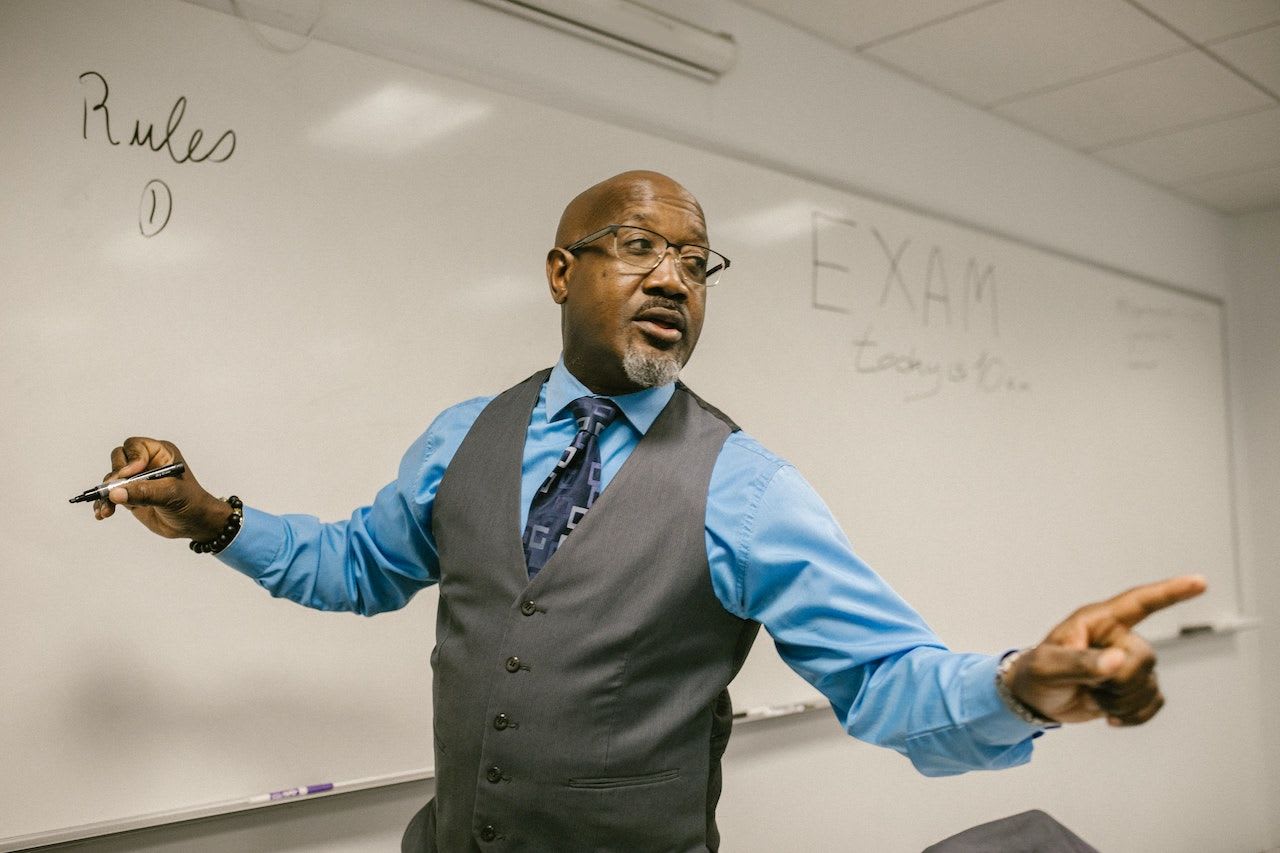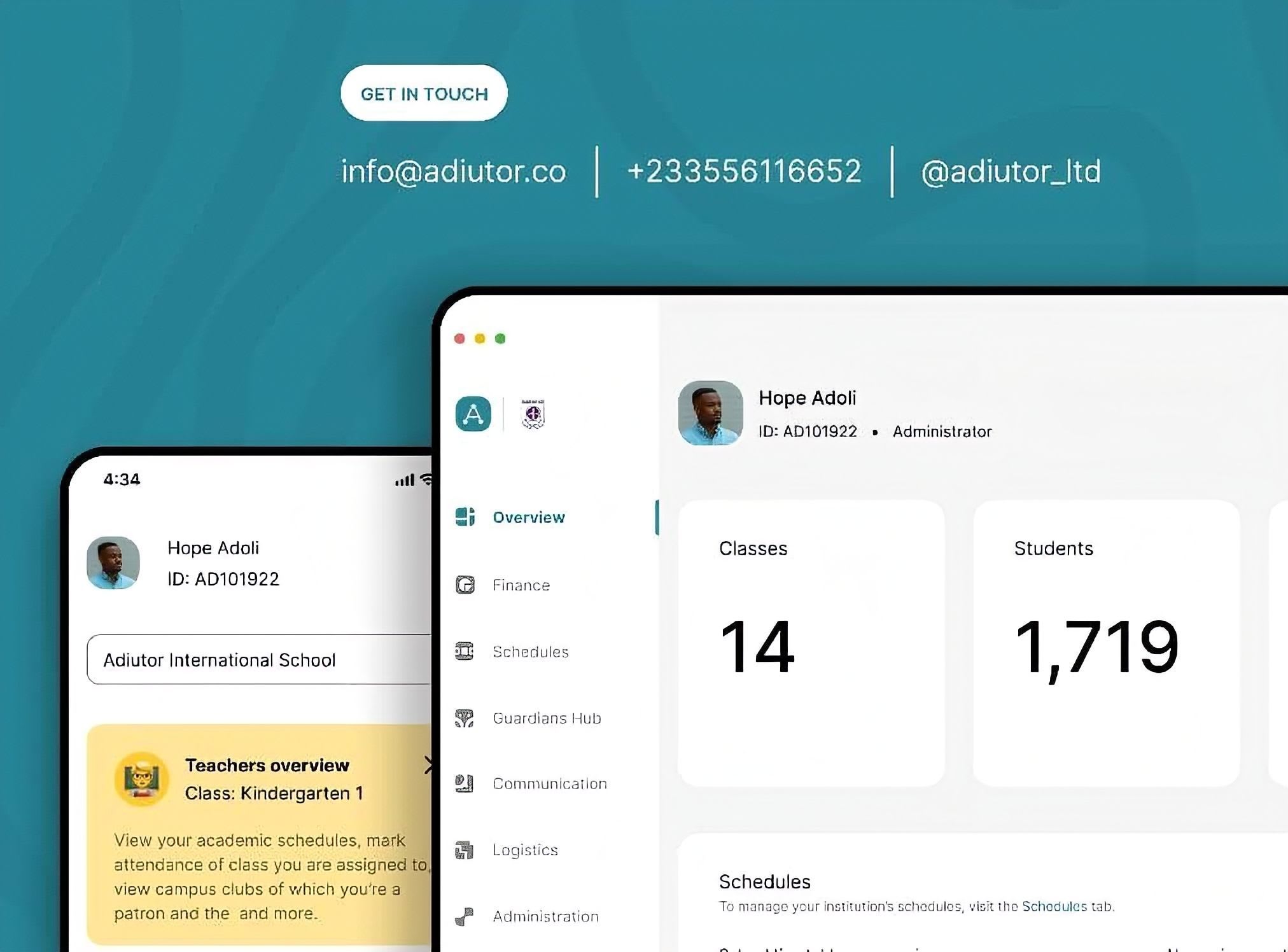Challenges facing teacher development in a school’s environment
Teacher development is a cornerstone of educational progress, contributing to the growth and success of both educators and students.

Teacher development is a cornerstone of educational progress, contributing to the growth and success of both educators and students. It encompasses a range of activities and opportunities designed to enhance teachers' knowledge, skills, and instructional practices, ultimately benefiting student learning outcomes. However, teacher development in the school environment faces various challenges that can hinder its effectiveness. This article delves into the concept of teacher development, explores the challenges educators encounter, and offers ways to help normalize teacher development in the school environment.
💡 Lessons learnt: While we teach, we learn.
What is Teacher Development?
Teacher development refers to a continuous process of professional growth and learning aimed at improving teaching practices, pedagogical strategies, and subject knowledge. It involves a range of activities, including workshops, training programs, mentoring, collaborative lesson planning, and reflective practices. According to Darling-Hammond (2017), teacher development encompasses the acquisition of new knowledge, skills, and dispositions that enable educators to enhance their instructional practices, create inclusive learning environments, and adapt to evolving educational needs.
Why is teacher development important?
Research consistently highlights the positive impact of effective teacher development on students' academic competence. A meta-analysis conducted by Kraft and Papay (2014) demonstrated that teachers who engage in sustained professional development exhibit increased instructional effectiveness and positively impact student achievement. High-quality teacher development programs that focus on content knowledge, pedagogical strategies, and classroom management contribute to improved student engagement, learning outcomes, and overall academic performance (Desimone, 2009). Students taught by highly developed teachers demonstrate higher levels of critical thinking, problem-solving abilities, and social-emotional development (Garet et al., 2001). Investing in teacher development ultimately leads to better educational experiences and outcomes for students.
Challenges Facing Teacher Development in Schools
Teacher development in schools faces several challenges that can impede its effectiveness. One significant challenge is the limited availability of time and resources dedicated to professional development. Teachers often face heavy workloads and time constraints that make it difficult to engage in sustained and meaningful professional learning (OECD, 2019). Research by Darling-Hammond (2017) emphasizes the need for adequate time and resources to support teacher development and the importance of valuing professional learning as an essential part of teachers' work.
Conflicting demands also pose challenges to teacher development. Teachers are often faced with numerous responsibilities, including lesson planning, grading, and administrative tasks, which can detract from their ability to engage fully in professional development activities. Balancing these competing demands requires careful attention to prioritizing professional learning within the school schedule (Ingersoll & Strong, 2011).
Another notable challenge is the lack of alignment between teacher development opportunities and the specific needs and context of individual schools and teachers. Professional development programs that are not tailored to address the unique challenges and goals of the school community may result in limited impact on teaching practices and student outcomes (Ingersoll & Strong, 2011). Customizing professional learning experiences to meet the specific needs of teachers and schools can enhance their relevance and effectiveness (Darling-Hammond, 2017).
Inadequate support systems have also been found to hinder teacher development. Teachers benefit from ongoing support and feedback to guide their professional growth. However, many schools lack the structures and resources necessary to provide teachers with effective coaching, mentoring, or collaborative opportunities (OECD, 2019). Building robust support systems within schools, including mentoring programs, instructional coaching, and professional learning communities, is essential for fostering teacher development (Knight, 2009).
Ways to Boost Teacher Development in Schools
Providing dedicated time and resources easily accessible for professional learning and collaboration is essential. This can involve scheduling regular professional development days, creating opportunities for peer observation and feedback, and encouraging participation in workshops and conferences (Hargreaves, 2015). Taking advantage of educational technologies can help lessen the load on teachers and create openings in their schedules to utilize these resources.
Fostering a culture of continuous improvement through reflective practices, such as action research or lesson study, allows teachers to reflect on their practices, share insights, and refine their instructional approaches (Lieberman & Miller, 2011).
Establishing mentoring programs, instructional coaching, and professional learning communities can offer personalized support and guidance to teachers, facilitating their growth and development (Knight, 2009).
Teacher development plays a pivotal role in fostering effective teaching practices and student academic competence. Despite the challenges it faces, concerted efforts can be made to boost teacher development in schools. The benefits of teacher development extend beyond individual teachers, positively impacting students' learning experiences and outcomes.
References:
- Darling-Hammond, L. (2017). Teacher education around the world: What can we learn from international practice? European Journal of Teacher Education, 40(3), 291-309.
- Desimone, L. M. (2009). Improving impact studies of teachers' professional development: Toward better conceptualizations and measures. Educational Researcher, 38(3), 181-199.
- Garet, M. S., Porter, A. C., Desimone, L., Birman, B. F., & Yoon, K. S. (2001). What makes professional development effective? Results from a national sample of teachers. American Educational Research Journal, 38(4), 915-945.
- Hargreaves, A. (2015). Professional capital after the age of accountability. Journal of Professional Capital and Community, 1(1), 5-22.
- Ingersoll, R. M., & Strong, M. (2011). The impact of induction and mentoring programs for beginning teachers: A critical review of the research. Review of Educational Research, 81(2), 201-233.
- Kraft, M. A., & Papay, J. P. (2014). Can professional environments in schools promote teacher development? Explaining heterogeneity in returns to teaching experiences.

Adiutor
Adiutor means "helper" - we do just that, by taking a load of your school administration and helping you focus on what matters most: the kids.
